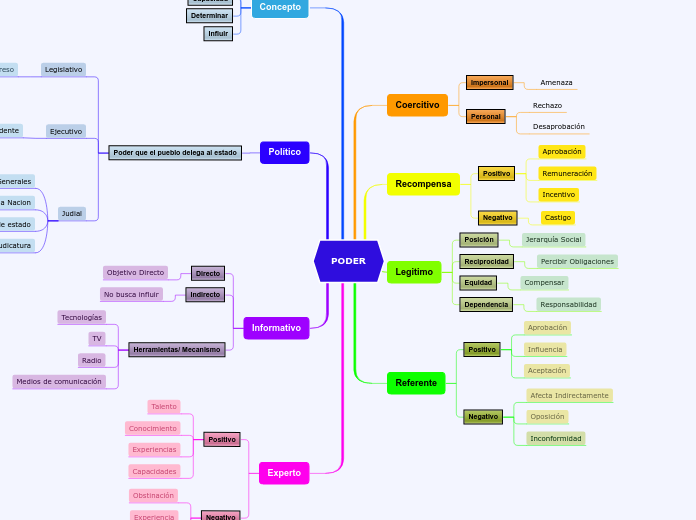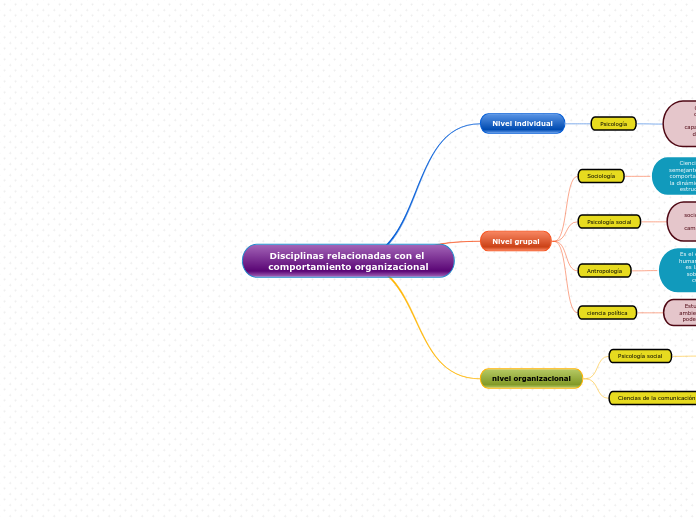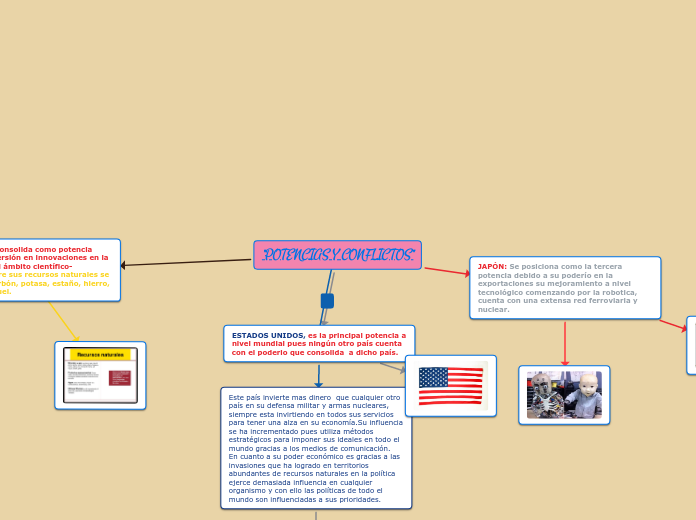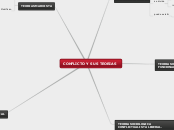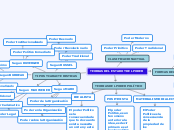PODER
The part of speech is a category to which a word is assigned according to its syntactic functions. In English the main parts of speech are noun, pronoun, adjective, determiner, verb, adverb, preposition, conjunction, and interjection.
Experto
An article is a word used to modify a noun, which is a person, place, object, or idea. Technically, an article is an adjective, which is any word that modifies a noun.
Indefinite articles are the words 'a' and 'an.' Each of these articles is used to refer to a noun, but the noun being referred to is not a specific person, place, object, or idea. It can be any noun from a group of nouns.
Experiencia
Obstinación
It refers directly to a specific noun or groups of nouns.
Capacidades
Experiencias
Conocimiento
Talento
Informativo
A conjunction is a word like 'if' 'but' or 'and' which is used to connect sentences or clauses together.
Herramientas/ Mecanismo
Medios de comunicación
Radio
TV
Tecnologías
Indirecto
No busca influir
Directo
Coordinating conjunctions always connect phrases, words, and clauses. They are: for, and, nor, but, or, yet, so.
Objetivo Directo
Político
A numeral is a word or phrase that describes a numerical quantity.
Some theories of grammar use the word 'numeral' to refer to cardinal numbers that act as a determiner to specify the quantity of a noun, for example the 'two' in 'two hats'.
Poder que el pueblo delega al estado
Judial
Concejo superior de la judicatura
Consejo de estado
Fiscalía General de la Nacion
Cortes Generales
Ejecutivo
Presidente
Alcaldias
Gobiernos
Ministerios
Legislativo
Congreso
R.Camara
Senado
Concepto
Influir
Determinar
Capacidad
Potestad
Referente
A pronoun is a word that can be used in place of a noun, typically after the noun itself has already been stated.
Unlike demonstrative pronouns, which point out specific items, indefinite pronouns are used for non-specific things. This is the largest group of pronouns. All, some, any, several, anyone, nobody, each, both, few, either, none, one, and no one are the most common.
Inconformidad
Oposición
Afecta Indirectamente
The personal pronouns are I, you, he, she, it, we, they. More often than not (but certainly not always), they replace nouns representing people.
Aceptación
Influencia
Legitimo
An adjective is a word that's used to describe a specific noun and to provide more detail to the listener.
Dependencia
Responsabilidad
Equidad
Compensar
Reciprocidad
Superlative adjectives demonstrate a higher level of comparison between entities.
Percibir Obligaciones
Posición
Expresses a comparison between two entities or groups of entities in quality or degree.
Jerarquía Social
Recompensa
A noun is defined as a person, place, thing or idea. Proper nouns always begin with a capital letter. Common nouns, which are general words, such as 'cars,' are not capitalized.
Negativo
Compound nouns are words where two nouns have been stuck together to make a new noun. Compound nouns should be written as one word, without a hyphen.
Castigo
Positivo
Proper nouns are the names of specific people or places. They should always begin with a capital letter.
Incentivo
Remuneración
Aprobación
Coercitivo
A verb is an action word or 'doing' word that signifies movement in some way.
Personal
A participle is a verb form that can be used as an adjective or to create a verb tense. There are two types of participles: Present participle (ending -ing) and Past participle (usually ending -ed, -d, -t, -en, or -n).
Desaprobación
Rechazo
Impersonal
A modal is a type of auxiliary (helping) verb that is used to express: ability, possibility, permission or obligation. The main modal verbs in the English language are: can, could, may, might, must, shall, should, will, would.
Amenaza
